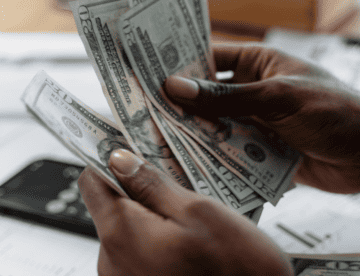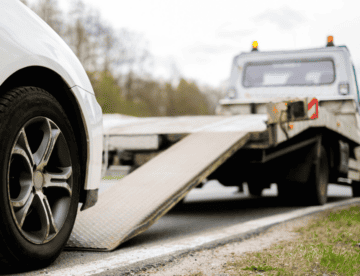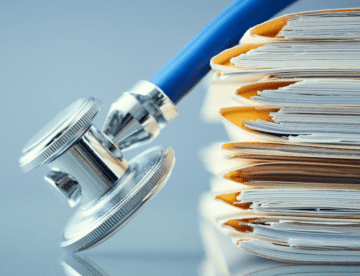
How Long Does It Take To Restore Credit After Bankruptcy?
If you are considering filing for bankruptcy, you may be curious as to how long that bankruptcy will affect your credit score. Bankruptcy can impact your finances for several years. But, on the bright side, it can give you and your family a fresh financial start. Bankruptcy can provide opportunities to rebuild and restore your credit, and to move on with your life. Determining how your credit is affected depends on what it was when you filed. If your score was already low due to non payment or late payment of debts, you may find that bankruptcy will raise your score after the first year.
How Long Does It Take To Restore Credit After Bankruptcy: Chapter 7
Chapter 7 is for debtors who have little disposable income and assets that can be protected with the exemptions afforded by bankruptcy law. With this type of bankruptcy, a person can eliminate their unsecured debt without the need to repay creditors. “Unsecured debt” is any debt that does not involve property such as a house or a vehicle. Chapter 7 bankruptcy can help you discharge debts including credit cards, medical bills, unsecured loans, rent on prior apartments, amounts due on repossessed or returned vehicles, and unsecured bank loans. Debts that cannot be discharged include child support, alimony, student loans, and most tax debts.
When someone files for Chapter 7, an automatic stay immediately goes into effect, which prevents creditors from taking any collections actions against the debtor. Chapter 7 also protects debtors against wage garnishments, evictions, repossessions, and foreclosures.
How Long Does It Take To Restore Credit After Bankruptcy: Credit Impact
A Chapter 7 bankruptcy is an opportunity for a fresh start, financially speaking. It provides a way to eliminate the debt and rebuild finances without the burden of overwhelming bills. Chapter 7, however, will impact your credit. A bankruptcy stays on your credit report for ten years. It can also affect:
- Credit Score. After filing for Chapter 7 bankruptcy, your credit score may drop anywhere between 100 to 250 points. That number may be higher, depending on your credit score prior to the bankruptcy.
- Future Credit Applications. Once you’ve filed for bankruptcy, it may be challenging to obtain a home loan, car loan, or a new credit card over the next couple of years.
- Future Interest Rates. If you are approved for a credit card or a house or car loan, you may have to pay higher interest rates until you rebuild your credit. Some lenders may also ask for a co-signer.
How Long Does It Take To Restore Credit After Bankruptcy: Rebuilding Your Credit
A Chapter 7 bankruptcy will stay on a person’s credit report for ten years, but that doesn’t mean they won’t be able to obtain any credit. It’s common for people going through the bankruptcy process to receive solicitations for new credit cards, home loans, or vehicle loans. Be careful with those offers! Many new credit cards will have low limits, high-interest rates, and high annual fees. Be sure to review the terms carefully. Look for credit cards with high limits; credit reporting agencies rate individuals based on their total available credit.
One way to begin rebuilding credit is with a secured credit card, such as a credit union card, a credit card from a small bank, or a department store card. “Secured” means that the cardholder is putting the money up ahead of time and that money becomes the credit they’re drawing upon. Once you have a secured credit card, try to keep the balance low. Aim for 25% or less of the credit limit, and don’t splurge or max out the card while you’re trying to restore your credit. Also, make sure that you make every payment on time.
How Long Does It Take To Restore Credit After Bankruptcy: Monitoring Your Finances
In addition to applying for a secured credit card, there are some other ways to help restore your credit and rebuild your finances after a Chapter 7 bankruptcy. You can:
- Set a reasonable budget and stick to it
- Pay all of your bills on time
- Keep track of your bank balance
- Start contributing to a savings account and an emergency fund
- Regularly check your credit score and look for any errors
Have Additional Questions? Contact the Bankruptcy Experts at Burrow & Associates
If you are currently facing significant debt and want to explore your options, or if you’re concerned about the impact of bankruptcy on your finances, please reach out to us. We’re happy to discuss your financial situation and the best options for you and your family. You can reach our team of Georgia bankruptcy attorneys by calling (678) 323-2394 or visiting our website. We offer free consultations and will file your bankruptcy for NO money down.









